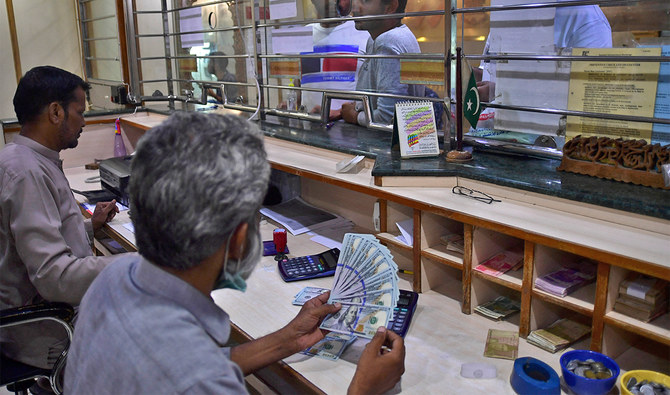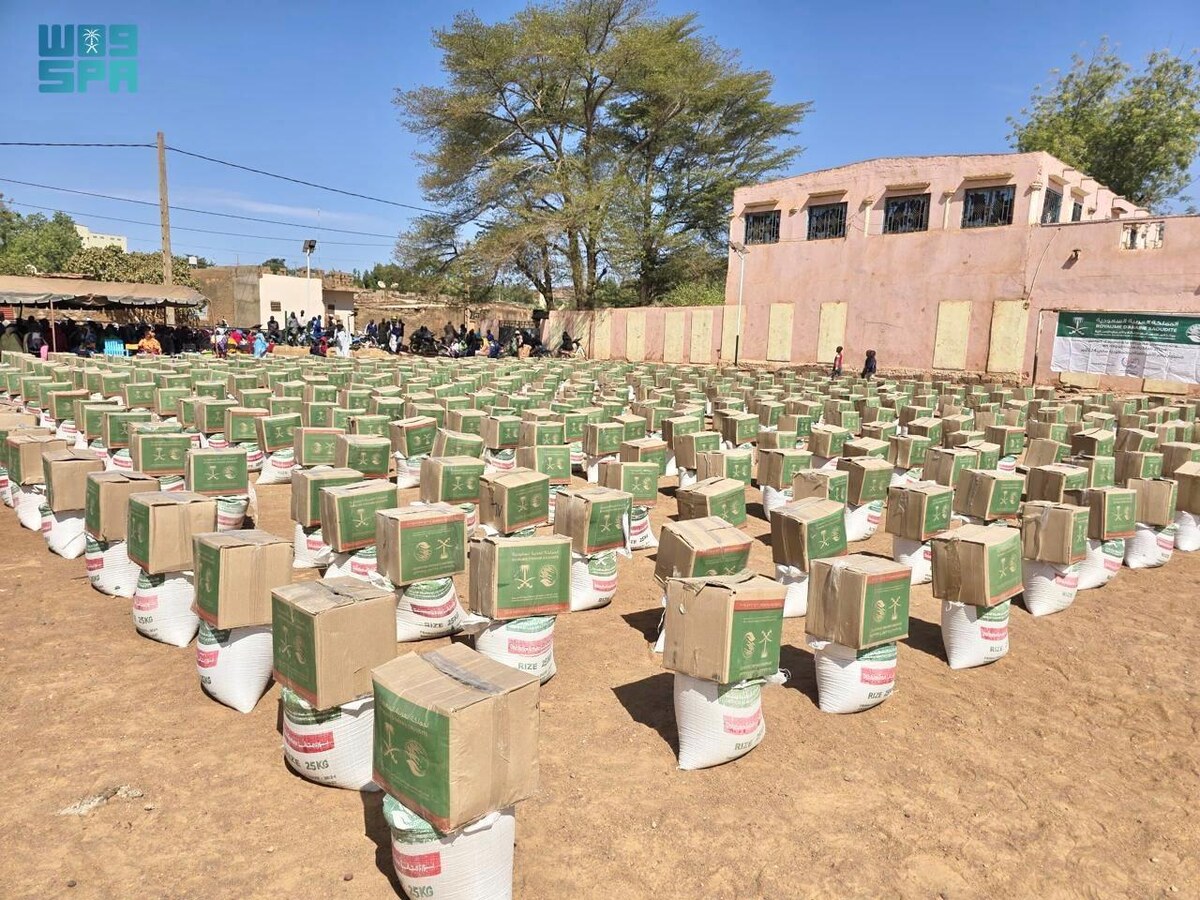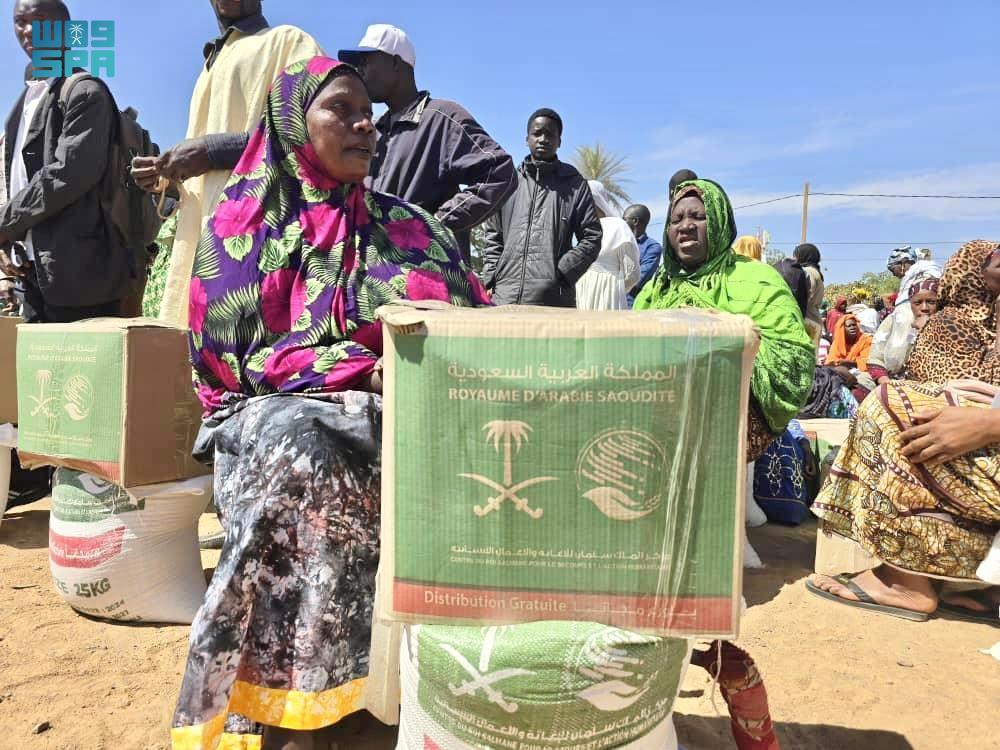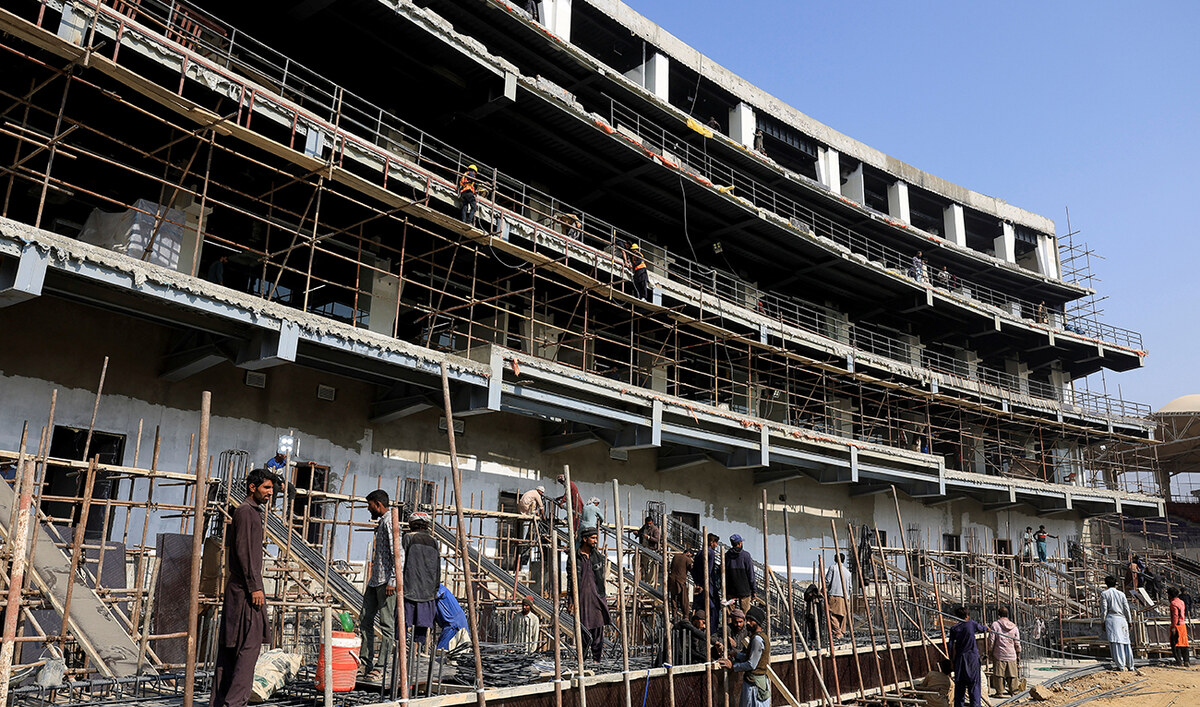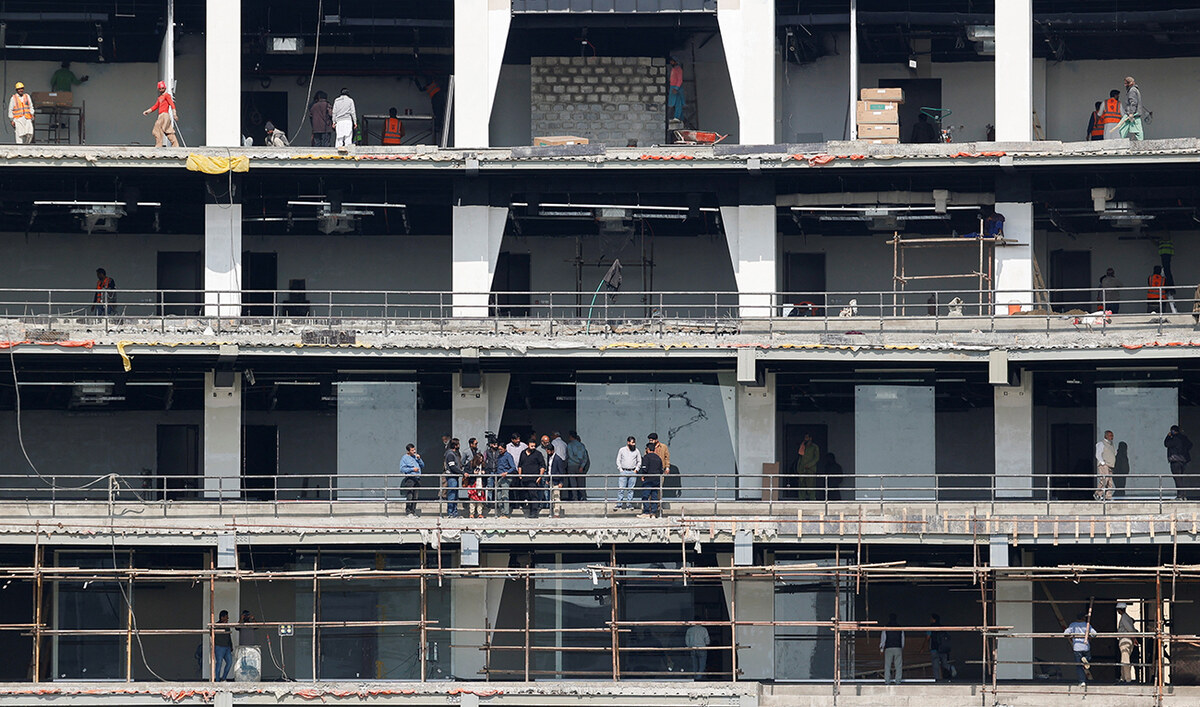KARACHI: Pakistan said on Friday it “strongly contests” a ratings downgrade by agency Moody’s, adding that it had adequate liquidity and financing arrangements to meet its external liabilities despite being hit by catastrophic floods.
Moody’s cut Pakistan’s sovereign credit rating on Thursday by one notch further into junk territory to Caa1 from B3. It cited increased government liquidity and external vulnerability risks in the wake of floods in August that killed more than 1,600 people and caused billions of dollars in damage.
“The rating action by Moody’s was carried out unilaterally without prior consultations and meetings with our teams from the Ministry of Finance and State Bank of Pakistan,” Pakistan’s finance ministry said in a statement posted on Twitter.
Concerns are rising over the health of Pakistan’s economy as foreign reserves run low, the local currency weakens and inflation stands at decades-high levels despite the resumption of an International Monetary Fund funding program in August.
The biggest worries center around its ability to pay for imports such as energy and food and to meet sovereign debt obligations abroad.
Data this week showed foreign exchange reserves at the central bank stand at $7.9 billion. That covers imports for barely a month, despite IMF funding.
The central bank said the latest $100 million drop in foreign exchange reserves over the week ended Sept. 30 was due to external debt repayments, including scheduled interest payments on Eurobonds.
Moody’s said on Thursday its ratings decision was driven by external risks and concerns about Pakistan’s ability to secure required financing to meet its needs in the next few years.
The government said on Friday that after Moody’s had intimated that action was in the offing, the finance ministry had held two meetings with the agency’s team to share data and information that it described as “clearly contradicting” the downgrade.
The ministry said factoring in the impact of the floods at this point was “premature” given that loss assessments were incomplete, and added that all financing requirements would be met.


